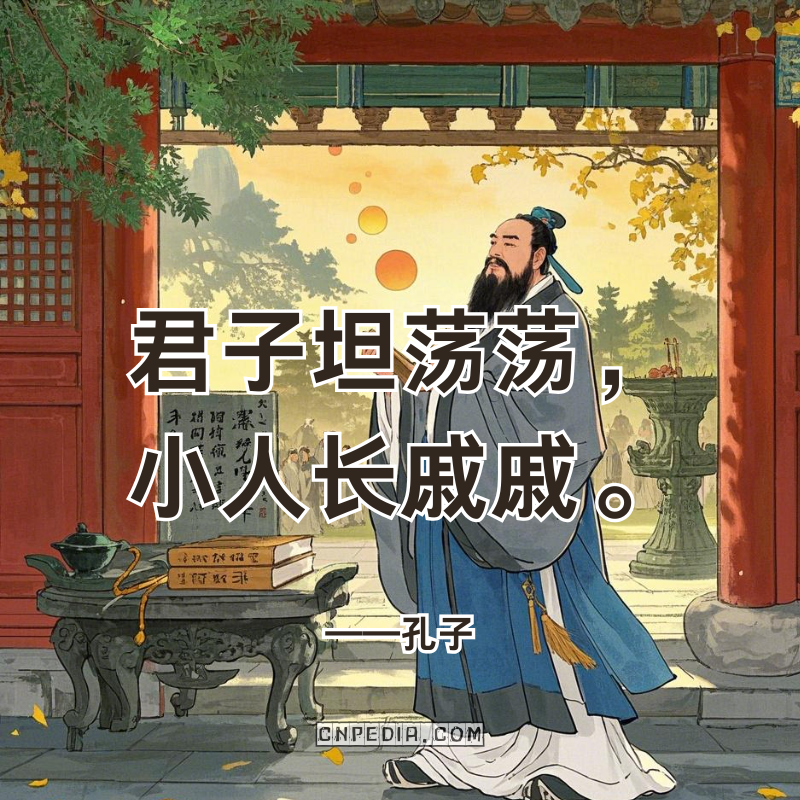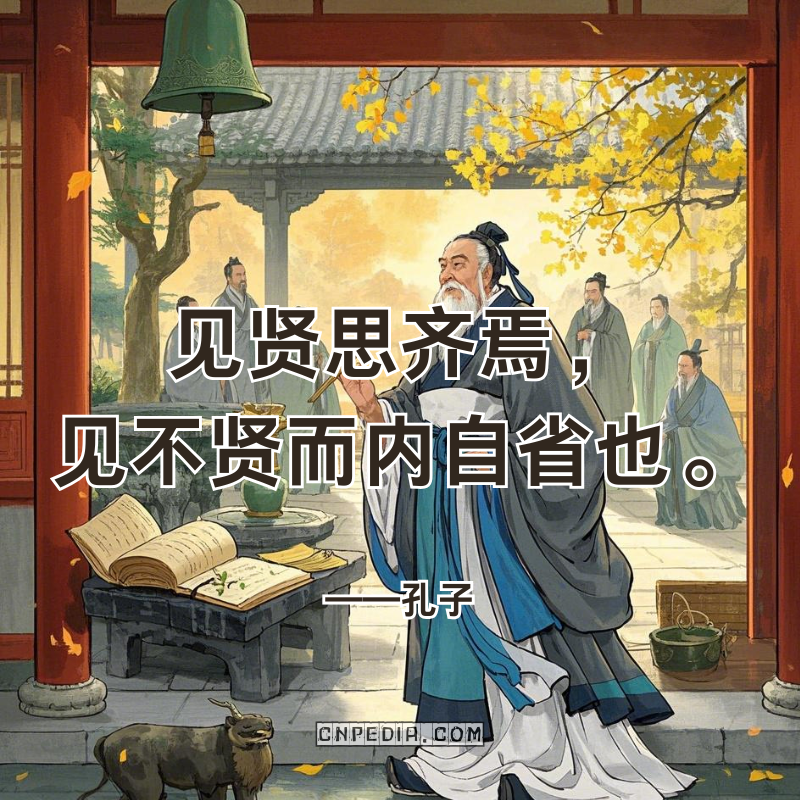4 Articles
Tags :Ancient Chinese philosophy

性相近也,习相远也。——孔子(xìng xiāng jìn yě, xí xiāng yuǎn yě — Kǒngzǐ) Translation: “Natures are akin; habits grow apart.” Explanation: Confucius’ axiom “性相近也(xìng xiāng jìn yě), 习相远也(xí xiāng yuǎn yě)” (Natures are akin; habits grow apart) establishes humanity’s earliest nature-nurture dialectic. The character 习(xí)—depicting 羽(yǔ, wings) above 白(bái, daylight—metaphorizes habit formation as fledgling birds mastering flight through relentless practice. This framework predates Western psychology by 2,400 years, framing innate potential (性(xìng) as universal clay shaped by 习(xí)’s sculpting repetitions. Neuroscience now quantifies this wisdom. 神经可塑性(shén jīng kě sù xìng) (neuroplasticity) studies reveal that Gladwell’s 10,000-hour rule activates myelin sheath growth around neural pathways—literal biological “wings” (羽(yǔ)) strengthening through disciplined 习(xí). Meanwhile, epigenetic research shows identical twins’ gene expressions diverge by 40% due...

君子喻于义,小人喻于利。——孔子(jūn zǐ yù yú yì, xiǎo rén yù yú lì — Kǒngzǐ) Translation: “Nobles awaken to righteousness; plebeians awaken to profit.” Explanation: Confucius’ maxim “君子喻于义(jūn zǐ yù yú yì), 小人喻于利(xiǎo rén yù yú lì)” (Nobles awaken to righteousness; plebeians awaken to profit) establishes humanity’s earliest cognitive hierarchy theory of ethics. The character 喻(yù)—combining 口(kǒu, speech) and 俞(yú, digest)—metaphorizes moral internalization as a process of verbal instruction transformed into visceral conviction. This framework shaped the 士大夫(shì dà fū) (scholar-official) class’s governance philosophy, where policy decisions prioritized collective 义(yì) (justice) over individual gain. Historical applications abound. Edo-period Japan’s 企業士(kigyōshi) (samurai-merchants) blended Confucian 义(yì) with commerce, refusing profitable opium trade on ethical grounds. Modern parallels emerge in ESG investing’s tripartite framework—environmental 义(yì) superseding...

君子坦荡荡,小人长戚戚。——孔子(jūn zǐ tǎn dàng dàng, xiǎo rén cháng qī qī — Kǒngzǐ) Translation: “The noble are serene as plains; the petty fret like trapped birds.” Explanation: Confucius’ aphorism “The noble are serene as plains; the petty fret like trapped birds” articulates an ancient theory of psychosomatic ethics. The reduplicated term 荡荡(dàng dàng) mirrors the 《易经》(Yì Jīng)‘s cosmic principle “天行健(tiān xíng jiàn)” (heaven’s dynamic equilibrium), evoking the noble person’s alignment with natural rhythms. Conversely, 戚戚(qī qī) phonetically mimics avian distress cries, symbolizing the petty mind’s fragmented energy—a prescient link between moral decay and physiological dysregulation observed in modern psychoneuroimmunology. This linguistic duality encodes Confucian cosmology. Just as 荡荡(dàng dàng) reflects the expansive yang energy of ethical consistency, 戚戚(qī qī) embodies yin-phase...

见贤思齐焉,见不贤而内自省也。——孔子(jiàn xián sī qí yān, jiàn bù xián ér nèi zì xǐng yě — Kǒngzǐ) Translation: “See virtue—aspire to equal it; see vice—introspect to correct it.” Explanation: Confucius’ aphorism “When you see virtue, aspire to equal it; when you see vice, introspect to correct it” establishes humanity’s earliest documented model of social-cognitive development. The first clause activates a self-improvement mechanism through moral observation: witnessing exemplary qualities like integrity or compassion triggers not mere imitation, but an intrinsic drive toward ethical wholeness. This dynamic process of social mirroring transforms abstract morality into actionable growth pathways, predating modern behavioral science by millennia. This ancient framework remarkably aligns with contemporary psychology. While Albert Bandura’s 20th-century observational learning theory emphasized acquiring behaviors through role...



